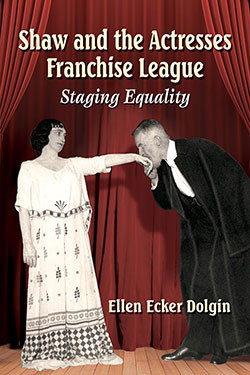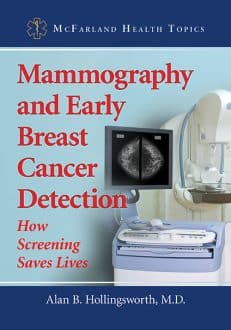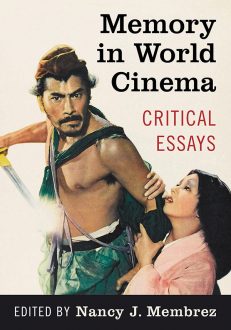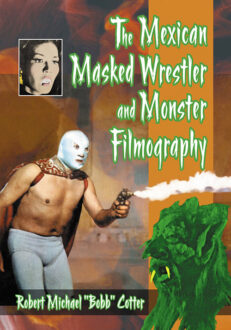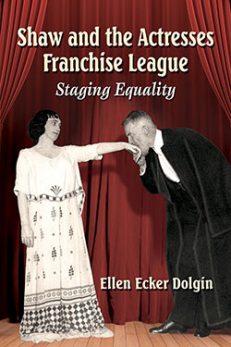Subtotal: $19.99
Shaw and the Actresses Franchise League
Staging Equality
Original price was: $39.95.$19.99Current price is: $19.99.
In stock
About the Book
Early 20th century non-commercial theaters emerged as hubs of social transformation on both sides of the Atlantic. The 1904–1907 seasons at London’s Royal Court Theatre were a particularly galvanizing force, with 11 plays by Bernard Shaw—along with works by Granville Barker, John Galsworthy and Elizabeth Robins—that starred activist performers and challenged social conventions. Many of these plays were seen on American stages. Featuring more conversation than plot points, the new drama collectively urged audiences to recognize themselves in the characters.
In 1908, four hundred actresses attended a London hotel luncheon, determined to effect change for women. The hot topics—chillingly pertinent today—mixed public and private controversies over sexuality, income distribution and full citizenship across gender and class lines. A resolution emerged to form the Actresses Franchise League, which produced original suffrage plays, participated in mass demonstrations and collaborated with ordinary women.
About the Author(s)
Bibliographic Details
Ellen Ecker Dolgin
Format: softcover (6 x 9)
Pages: 256
Bibliographic Info: 12 photos, notes, bibliography, index
Copyright Date: 2015
pISBN: 978-0-7864-6947-5
eISBN: 978-1-4766-1979-8
Imprint: McFarland
Table of Contents
Table of Contents
Acknowledgments ix
Preface: Shattering Stasis 1
Introduction: The Spectacular Turned Inward 5
1. Getting Past the Tableaux 19
2. Her Unrecognizable Self: Smashing the Idol of Woman 33
3. Theatre No Stranger Than Ourselves 51
4. Moving Mountains in Small Spaces: New Drama ca. 1900–1914 80
5. Breaking News: Transatlantic Theatrical Activists 113
6. Tandem Stages: Transatlantic Suffrage Drama 131
7. Crossing Aisles & Isles: 1908–World War I 158
8. Splintered Souls: 1914–1924 193
Chapter Notes 217
Bibliography 231
Index 239
Book Reviews & Awards
“a lively and valuable contribution to feminist theatre studies…stimulating…well researched”—Comparative Drama; “Dolgin’s book defines historical events in a strikingly new way by exploring the interconnectedness between Edwardian dramatists, actresses and suffragettes, and defines an unexpected cultural phenomenon merging arts and activism.”—Christopher Innes, Canada Research Chair in Performance & Culture, York University, Toronto.

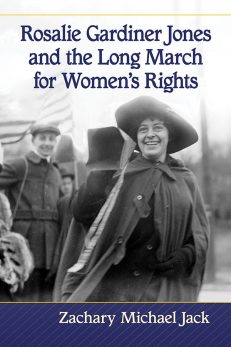 Rosalie Gardiner Jones and the Long March for Women's Rights
Rosalie Gardiner Jones and the Long March for Women's Rights 
